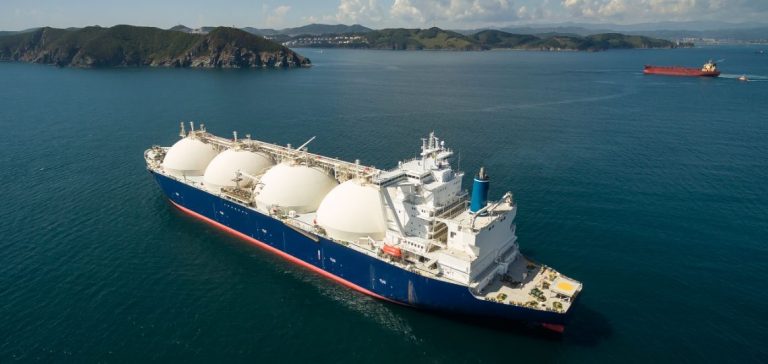Europe has made notable progress in preparing for increased gas demand during the winter season, according to a senior official from the European Commission. This preparation is even more crucial as the gas transit agreement between Ukraine and Russia is set to expire in December 2024, ending a key infrastructure for Russian gas deliveries to Europe.
Matthew Baldwin, Deputy Director-General of the European Commission for Energy, emphasized at the LNG Producer-Consumer Conference 2024 in Hiroshima that Europe’s gas reserves are currently 94% full, exceeding the annual requirement of 90%. “We are doing everything we can to ensure preparedness,” Baldwin stated, adding that the current situation is comparable to previous years thanks to ongoing efforts to diversify gas supply sources.
Strengthening storage capacities and diversifying sources
Since Russia’s invasion of Ukraine in 2022, Europe has intensified its efforts to reduce its dependence on Russian gas. This includes increased imports of liquefied natural gas (LNG) from the United States and diversifying suppliers, with Norway becoming the main supplier via pipeline. “We have carried out an extraordinary transformation in our energy supply system,” he affirmed.
Impact of Middle East tensions on gas prices
Despite bearish fundamentals, natural gas prices in Europe have recently risen due to speculation about potential supply disruptions related to conflicts in the Middle East. The one-month contract for the Dutch TTF was priced at EUR 40.695/MWh on October 4, up 2.4% for the day, according to Platts, a subsidiary of S&P Global Commodity Insights.
Demand reduction measures and increase in renewable energies
In addition to diversifying gas sources, Europe has also implemented measures to reduce its energy demand by an average of 18%. “We have taken a number of measures to help control the situation,” Baldwin stated. This includes a record increase in renewable energies in the European electricity supply system, now surpassing gas production.
Future perspectives and market intervention measures
When asked about the continuation of market intervention measures, such as the gas price cap, joint purchasing, demand reduction targets, and storage obligations, Baldwin responded: “We will see. It will be up to the next commission to decide whether to maintain these different measures.”
These initiatives demonstrate Europe’s commitment to ensuring its energy security and proactively addressing the challenges posed by the evolving global geopolitical and economic landscape.






















